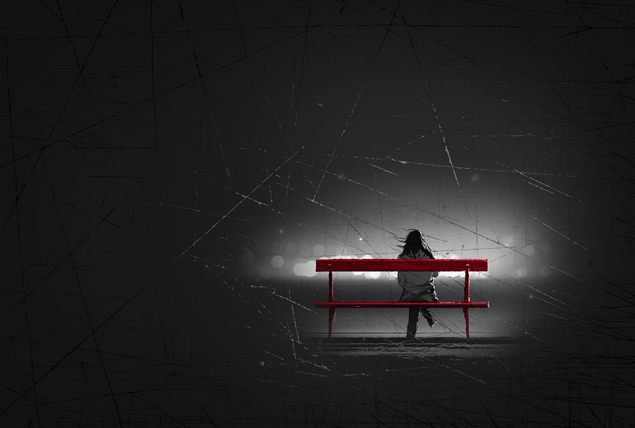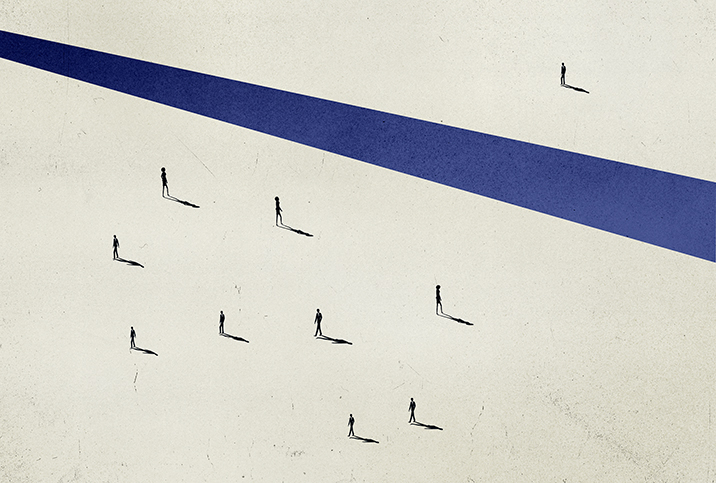U.S. Surgeon General Warns of an Epidemic of Loneliness and Isolation

Internet "friends" aside, Americans reportedly feel more socially isolated and lonely than ever.
Citing serious health concerns associated with loneliness, United States Surgeon General Vivek D. Murthy, M.D. is calling on Americans to build a movement "to mend the social fabric of our nation." That's according to an 82-page advisory, "Our Epidemic of Loneliness and Isolation," released May 3.
"Loneliness is far more than just a bad feeling—it harms both individual and societal health," Murthy wrote in his letter introducing the advisory. "It is associated with a greater risk of cardiovascular disease, dementia, stroke, depression, anxiety and premature death."
Social isolation, the advisory explained, is not the same as loneliness. Isolation describes a person who rarely engages in social activities, while loneliness is the "internal state" that arises when social expectations do not match social reality.
According to the report, people who are lonely or socially isolated die prematurely at a 25 percent higher rate than their socially connected peers.
Comparing the severity of the loneliness epidemic to prior tobacco, obesity and drug addiction crises, the surgeon general said more attention and resources are needed to tackle social disconnection.
The nation's leading health authority implored all facets of the country—schools, workplaces, churches and communities of every sort—to combine forces to tackle the latest epidemic. It's called a whole-of-society approach.
"If we fail to do so, we will pay an ever-increasing price in the form of our individual and collective health and well-being," he explained. "And we will continue to splinter and divide until we can no longer stand as a community or a country. Instead of coming together to take on the great challenges before us, we will further retreat to our corners—angry, sick and alone."
How can we solve loneliness?
As with many problems, the solution to loneliness likely starts at home.
"Our individual relationships are an untapped resource—a source of healing hiding in plain sight," his letter said. "They can help us live healthier, more productive and more fulfilled lives."
The first step could be as simple as dialing a loved one's number.
"Answer that phone call from a friend," he encouraged readers. "Make time to share a meal. Listen without the distraction of your phone. Perform an act of service. Express yourself authentically. The keys to human connection are simple but extraordinarily powerful."
The advisory estimates social isolation among the elderly costs $6.7 billion in "excess Medicare spending annually," citing the expense of increased hospital and nursing facility stays.
"Moreover, beyond direct healthcare spending, loneliness and isolation are associated with lower academic achievement and worse performance at work," the report stated.
Murthy is no stranger to the topic of loneliness. In April 2020, as much of the world retreated into COVID-19 social isolation, his book "Together: The Healing Power of Human Connection in a Sometimes Lonely World" hit bookshelves.


















